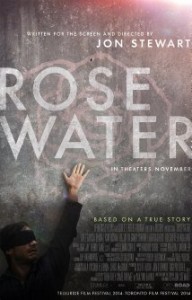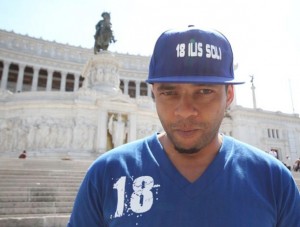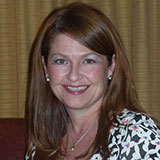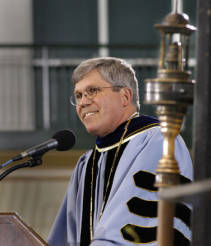African Culture Week will be celebrated beginning Oct. 26 at Illinois Wesleyan University. Events surrounding various aspects of African culture and tradition will include a question and answer session with a “Lost Boy of Sudan” Peter Magai Bul and human rights activist and author Seenaa Jimjimo on Oct. 30 from 9-9:50 a.m. in State Farm Hall 103.
Other events for African Culture Week include a screening of Black Orpheus on Oct. 28; presentations by faculty from Illinois State University, Purdue University and the University of North Carolina at Chapel Hill; and a presentation entitled “Cannes-Brulee/Canboulay/St. Domingue/New Orleans, 1791-1812” by Professor Emeritus Robert W. Bray on Oct. 28 at 5 p.m. at Hansen Student Center.
At 4pm on Thursday, 29 October, Joseph Jordan, director of the Sonja Haynes Stone Center for Black Culture & History at the University of North Carolina, Chapel Hill, will present Legacies of Africa Symposium: “Race, the Black Nation(s), and the Gendering of the Black Aesthetic in the Diaspora.”
 The week culminates with African Culture Night on Nov. 1 at 6:30 p.m. The evening of food and entertainment is hosted by the African Students Association and features master drummer Moussa Bolokada Conde.
The week culminates with African Culture Night on Nov. 1 at 6:30 p.m. The evening of food and entertainment is hosted by the African Students Association and features master drummer Moussa Bolokada Conde.
The Lost Boys of Sudan is a moniker used to refer to the 20,000 young boys who were displaced or orphaned as a result of the Second Sudanese Civil War (1983 – 2005). Peter Magai Bul was one of these. Displaced from his home in 1991, Bul fled with his mother, but after she experienced a leg injury that made it impossible for her to continue, Bul was soon left to fend for himself. Now 34 years old, Bul now runs the Chicago South Sudanese Community Center.
A native of Ethiopia, Jimjimo saw the injustices committed towards Oromos, an ethnic group of Ethiopia, from a young age, particularly those against women. After coming to the United States as a teenager, Jimjimo devoted her life to helping her people in Oromo. She earned a bachelor’s degree in political science at the University of Illinois at Chicago and a master’s degree in public health and public administration of University of Illinois Springfield. She is the author of The In-Between – An African-Oromo Woman and the American Experience, and has established the Danboobiduu Foundation, which promotes education for Oromia girls, who are often sent to labor at young ages rather than being educated.
African Culture Week is sponsored by African Studies, African Students Association, the Center for Human Rights and Social Justice, Hispanic Studies, International Studies, Latin American Studies, the Office of Diversity and Inclusion, SALSA, and Western European Studies. More information on the week’s events can be obtained from Chair of Sociology/Anthropology Rebecca Gearhart at 556-3921.
By Emily Phelps ’19
african-culture-week








